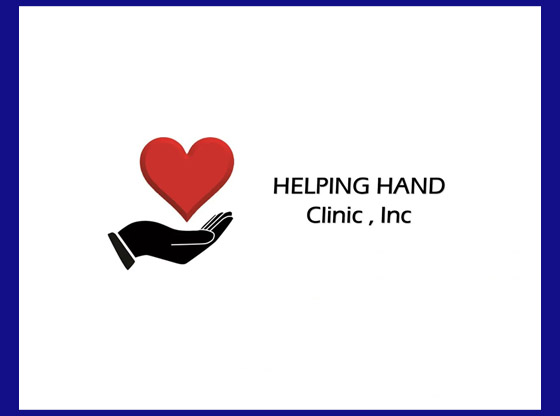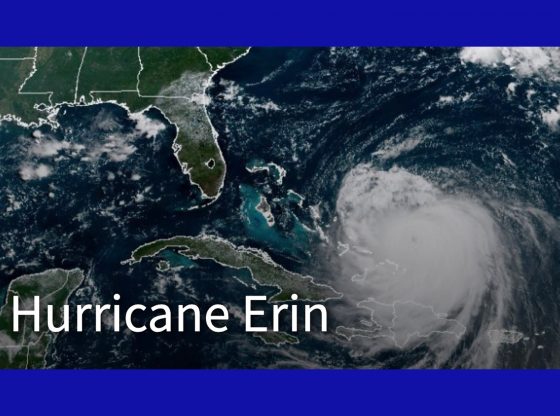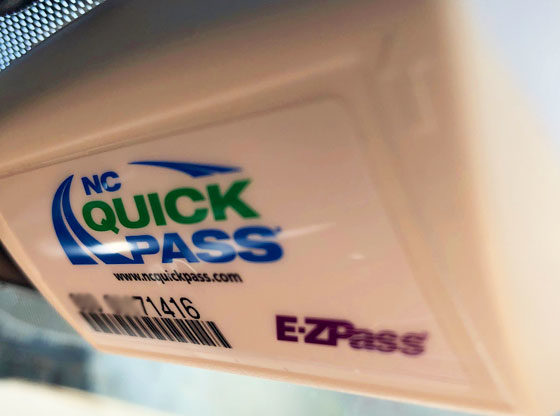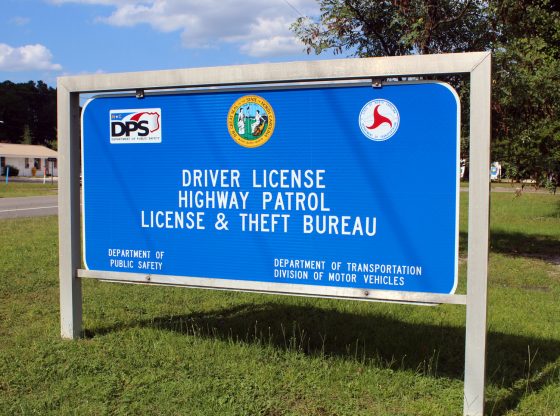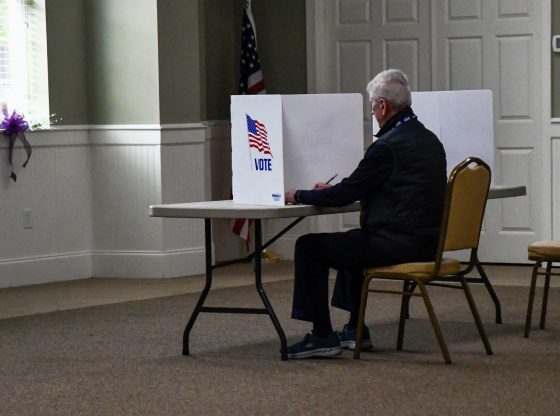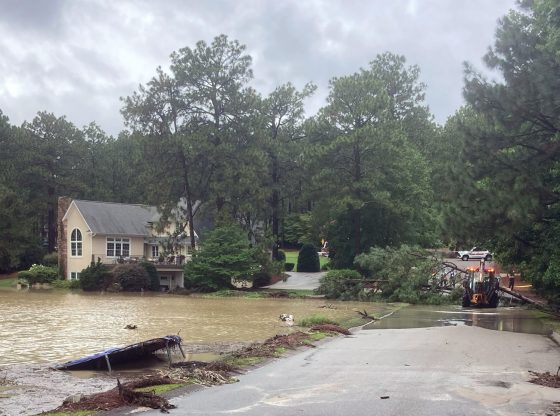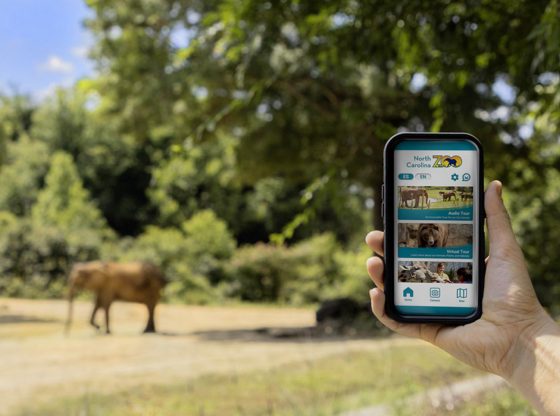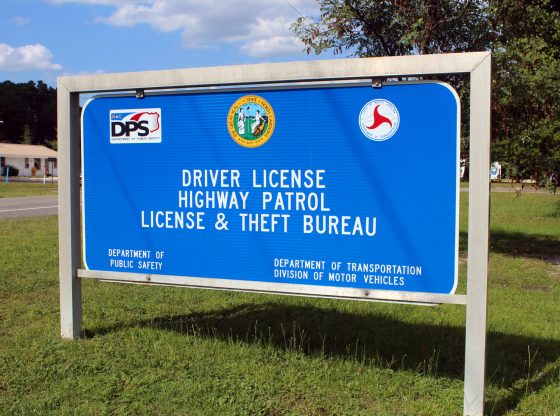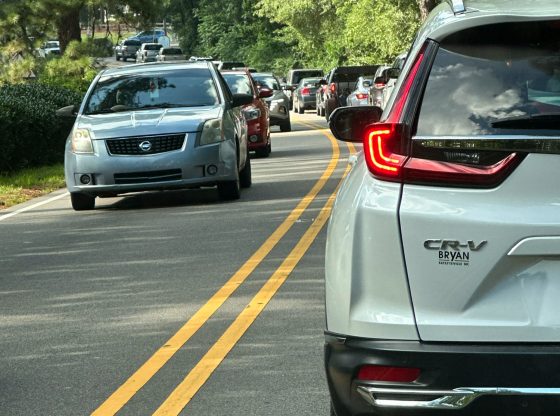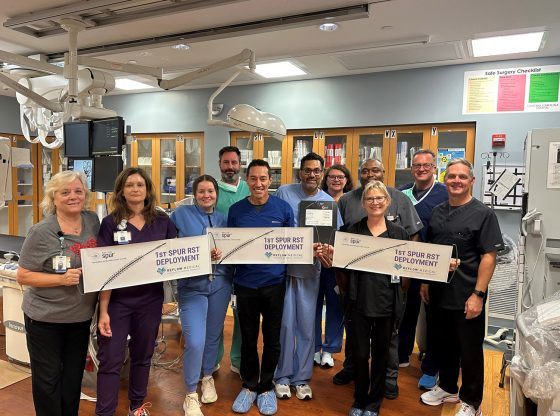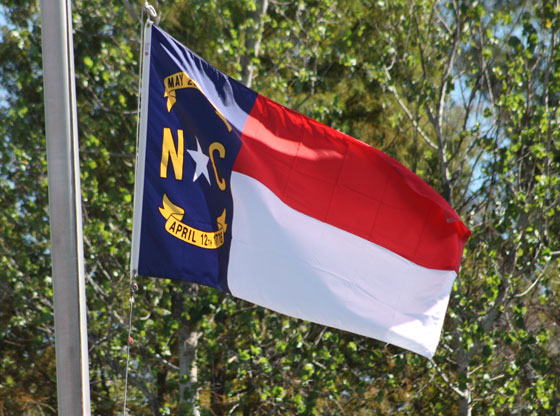The North Carolina Department of Health and Human Services is sending a mobile, five-bed emergency department, a six-bed in-patient ward and diagnostic equipment to Marathon, Fla. after Hurricane Irma heavily damaged a 25-bed hospital.
The N.C. Office of Emergency Medical Services, part of DHHS, put the equipment and staff on the road today. When they arrive, they will set up and train local healthcare professionals in use of the facility. A team from the Mississippi Department of Health will also assist with setup and training. The facility includes a laboratory, central supply, generators and an X-ray. Local medical personnel will staff the units.
The portable hospital components are being supplied in response to a request from Florida Emergency Management officials to North Carolina Emergency Management.
“This equipment helped provide critical health care in North Carolina following Hurricane Matthew, and we’re pleased to be able to use it now to help people with immediate needs in Florida,” Governor Roy Cooper said.
The larger components and array of support equipment includes air-conditioned insulated tents and equipment to augment the emergency department and in-patient functions.
“There are two major benefits from putting a temporary facility like this in the place of a destroyed or damaged hospital,” said Tom Mitchell, North Carolina Chief of Emergency Medical Services. “It will provide a place for treatment and care for people in the area and also keeps medical professionals employed in the community while the medical facility is repaired or rebuilt.”
The equipment is part of a larger cache of equipment that can provide a wide range of medical services after a major disaster. North Carolina has another portable emergency department that is part of the mobile disaster hospital which will remain in the state, as well as the assets and resources across the eight State Medical Assistance Teams. Those teams are supported by major healthcare organizations, EMS, emergency management and public health agencies across the state. All remain on standby should any needs arise during this hurricane season or at other times.
Parts of the mobile disaster hospital were deployed in 2005 to south Mississippi in the wake of Hurricane Katrina, to Louisville, Miss., in 2014, after a tornado heavily damaged that community’s hospital and to Kinston, N.C., in 2016, when flooding from Hurricane Matthew prevented highway access for some areas to the local hospital.




